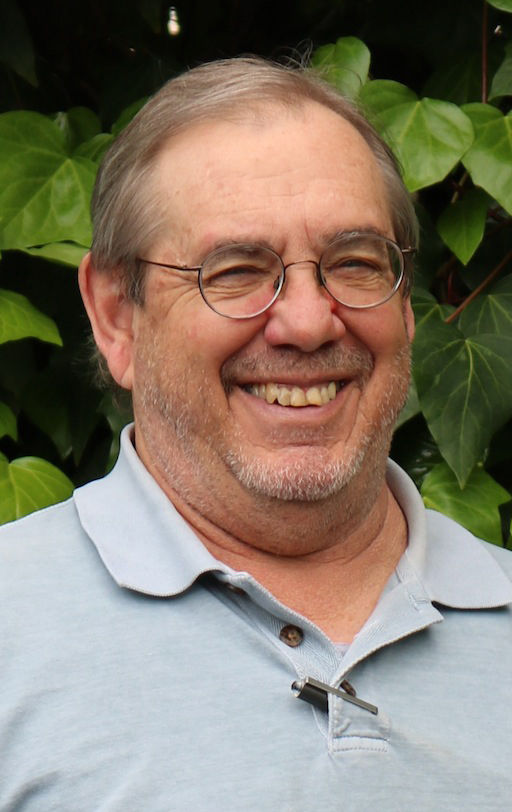Next week (March 12-18) is when newspapers and journalists annually celebrate “National Sunshine Week,” dedicated to the preservation of freedom of the press, open government and the foundations of our people’s government as enshrined in the U.S. Constitution.
Most years newspaper editorial writers struggle for a timely theme that will grab readers’ attention on what many might view as an academic subject. But that’s not the case this year where the daily news is peppered with attacks on newspapers as the “enemy of the people,” court clashes over fundamental constitutional laws and disturbing allegations of government leaks, election tampering and somebody else’s “fake news.”
The only struggle picking a Sunshine Week topic this year is keeping it local and not just about the latest astounding tweets from our new president.
First, if you are reading this editorial in your hometown newspaper (or website), you probably already agree about the importance of a free and independent press that works hard to preserve open government laws and accountability. Reading and subscribing to a local newspaper is one of the best ways to support all the things Sunshine Week is about. Further, readers might partake in some historical refreshers on what’s included in the U.S. Constitution — and what’s not. (Which five individual rights are mentioned in the First Amendment?)
Sunshine Week is celebrated during the week than contains James Madison’s birthday, our fourth president and the primary author of much of the Constitution including the Bill of Rights. Sunshine is a reference to the best “disinfectant” against closed-door government, with many states naming freedom of information laws “sunshine laws.” In shadier terms, “Democracy dies in darkness” is the new motto of The Washington Post.
The need to spread sunshine by a free press does not only apply to Congress or the Trump White House. It’s not just a job for The Washington Post or New York Times. Sunshine needs to shine on our local and smaller governments, too.
Just two weeks ago, this newspaper group was forced to evoke freedom of information and public meeting access rights to a city council and a health care district. And it is good to remember that sunshine laws are for all citizens and not just journalists.
It’s no secret that too many governments keep too many secrets. It’s easy for local school and fire boards to operate without scrutiny because almost no one from the public ever attends the regular meetings. The law requires local governments to publicly announce their meetings and hold them in an easily accessible location. But there is no law that requires any citizen to attend. And, with more and more economic challenges facing newspapers, there is no longer enough journalists to cover all the meetings every week.
There’s been lots of complaining lately about “leaking,” where someone alerts the press to something a government agency wants to keep secret. Long before Wikileaks, there were local whistle blowers that saved taxpayers from corrupt officials or wasted spending. Instead of dripping water, think of rays of daylight — democracy’s sunshine.
Madison and the original authors of the Constitution knew they did not write a perfect draft. Yet, in 228 years, the modest 4,000 word document has only been amended 27 times, although more than 1,000 changes have been proposed over time by Congress.
Even with its three branches of government, checks and balances, separation of powers and a non-imperial presidency, many say the Constitution is being challenged these days like never before.
With statesmen like Madison, George Washington and Alexander Hamilton now replaced by vain and unprincipled politicians we put our most fervent hopes in the imperfect and yellowed document over today’s imperfect leaders. That and an army of sunshine warriors known as a free press.
48.9
F
Healdsburg
April 20, 2025








